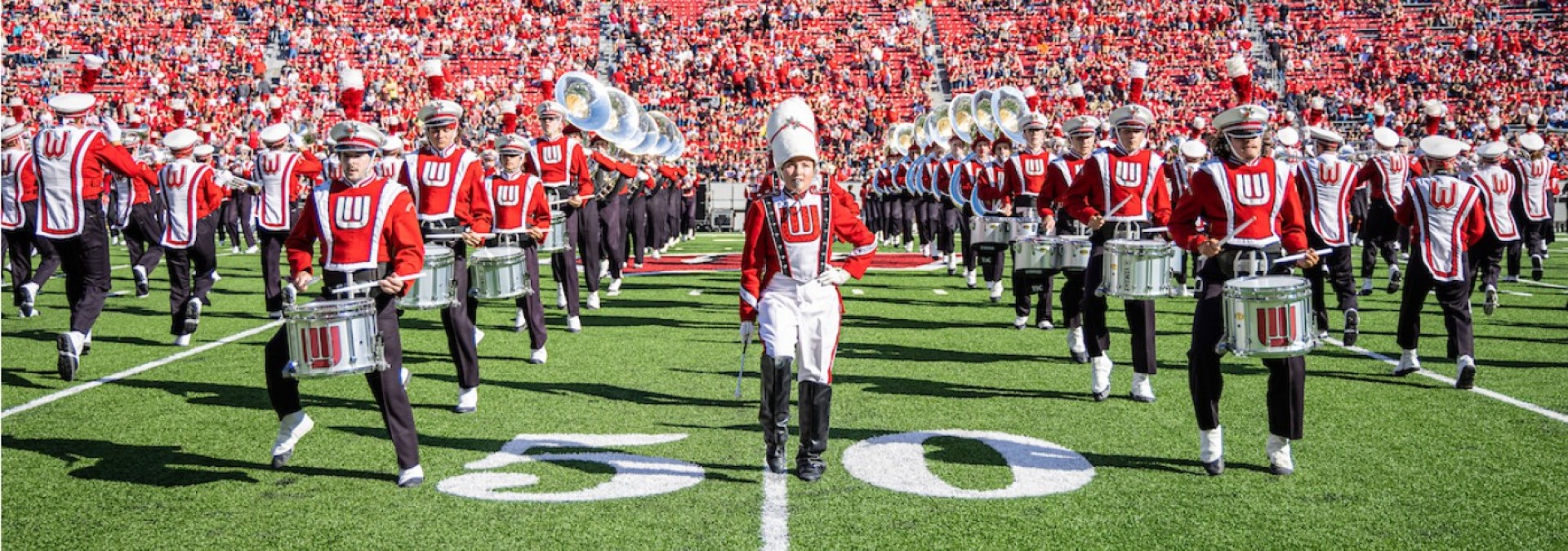What if your love for music could do more than earn applause—what if it could help pay for college?
As a future music major, your college life will be full of rehearsals, performances, private lessons, and music theory classes. But there’s a unique opportunity that lets you serve in the community where your college is located, build your résumé, and earn up to $10,000 in a single academic year—all while preparing for a successful music career.
It’s called College Corps—a paid fellowship for college students who want to make a difference. Whether you're mentoring younger students, helping in local arts programs, or supporting community nonprofits, College Corps rewards your time, heart, and talent with real financial support and meaningful experience.
Currently available only at select colleges and universities in California, College Corps is open to all students attending a participating school—even if you’re from out of state. And with other states beginning to model similar programs, this kind of opportunity is quickly expanding across the country.
What Is College Corps?
Launched in California and rapidly gaining national attention, the College Corps is a public service fellowship program that gives undergraduate students the opportunity to earn money toward their education by working in areas like education, climate action, and food insecurity.
But here's the exciting twist for music majors: music education, community performance, and arts outreach can count toward your service hours.
That’s right. If you’re a music major who volunteers in local schools, teaches lessons to underserved students, or organizes concerts for community events—you could be eligible to earn financial support for doing what you already love.
What You Earn
Students who complete the College Corps program receive:
- $7,000 in living stipends disbursed throughout the year
- $3,000 Education Award upon completion
- Hands-on job experience and professional networking
- A standout résumé line that future employers and graduate schools will notice
That’s $10,000 in one academic year for your effort and impact. No loans. No repayment. Just purpose-driven support.
What Music Majors Can Do
Music majors often serve in roles like:
- Teaching private lessons to students at Title I schools
- Assisting band, choir, or orchestra programs in underserved communities
- Organizing benefit concerts, festivals, or arts workshops
- Supporting music therapy sessions in hospitals or senior care centers
- Helping lead after-school music enrichment clubs
These aren’t side gigs—they’re career-building, heart-shaping experiences that demonstrate leadership, initiative, and community commitment.
The Résumé Boost
Colleges, grad programs, and employers in the arts want more than talent—they look for evidence of collaboration, service, and initiative. When your résumé says College Corps Fellow, it tells scholarship panels and casting directors that you’re a servant-leader who invests in others, not just your own spotlight.
It also shows:
- Time management under real-world pressure
- Teaching and communication skills
- Cultural and community engagement
- A proven ability to lead with empathy and purpose
Who’s Eligible?
To apply for the College Corps Fellowship, you must:
- Be a full-time undergraduate student at a participating California campus
- Commit to 450 hours of service over the academic year
- Be willing to serve in community-based projects—including the arts
(You do NOT have to be a California resident. Students from other states who attend a participating California college are fully eligible.)
A Real Example
Take Maya Rios, a vocal performance major at a California university. She tutored elementary students in reading and co-led a community choir. Not only did she earn money toward her tuition, but she also used the experience to strengthen her graduate school application.
Maya credits College Corps with helping her land a prestigious internship with a regional opera company.
Final Thoughts
As a music major, you’re already building a life centered on beauty, discipline, and connection. The College Corps Fellowship helps fund that dream—not just through performance, but through purpose.
It turns every lesson you give, every child you inspire, and every rehearsal you lead into tangible support for your education and your future.
Ready to Learn More?
Visit CaliforniaVolunteers.ca.gov/CollegeCorps or talk to your college advisor to see if your school participates.
And if you're a high school student planning to major in music, ask your prospective colleges if they’re part of College Corps—or a similar paid service fellowship.
Because college isn’t just about degrees.
It’s about making a difference—and being recognized for it.
Participating Campuses
Community Colleges
Allan Hancock College, Cerritos College, College of the Desert, College of the Redwoods, Compton College, Crafton Hills College, Cuesta College, East Los Angeles College, Fresno City College, Glendale Community College, Irvine Valley College, Moreno Valley College, Norco College, Rio Hondo College, Riverside City College, Sacramento City College, San Bernardino Valley College, Shasta College, Woodland Community College
California State Universities (CSU)
Cal Poly Pomona, Cal Poly San Luis Obispo, Cal Poly Humboldt, Cal State LA, Chico State, CSU Bakersfield, CSU Dominguez Hills, CSU East Bay, CSU Long Beach, CSU Monterey Bay, CSU San Bernardino, Fresno State, San Francisco State, San José State, Stanislaus State, Sacramento State
University of California (UC)
UC Berkeley, UC Davis, UC Irvine, UCLA, UC Merced, UC Riverside, UC San Diego
Private Institutions
Concordia University Irvine, University of the Pacific, University of San Diego, Vanguard University


.png) ARTICLE GLOSSARY
ARTICLE GLOSSARY

.png)
.png)


.jpg)
.jpg)

.jpg)

.png)




.jpg)
.png)










.jpg)


.jpg)
.jpg)
.jpg)
.jpg)
.jpg)

.png)
.png)

